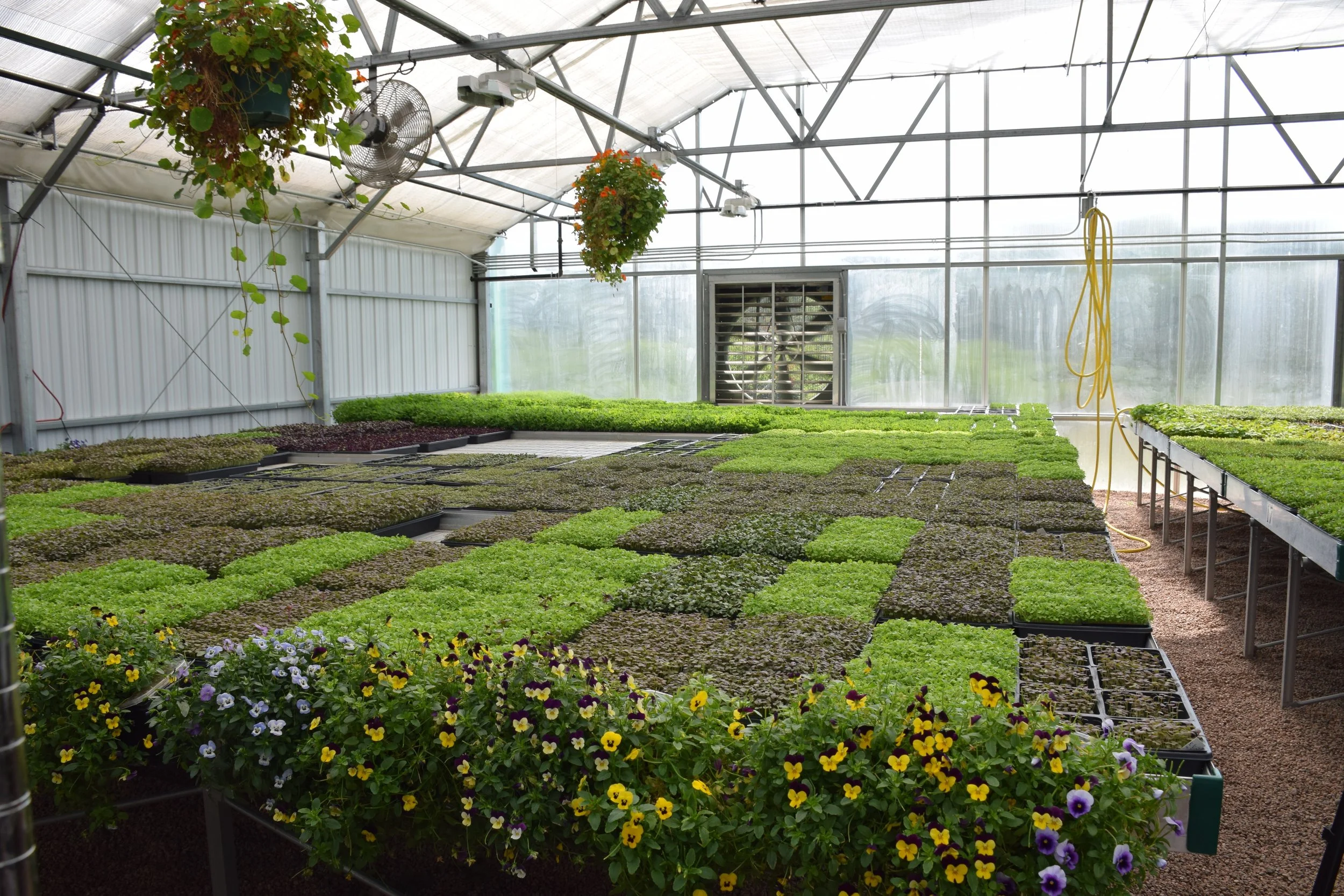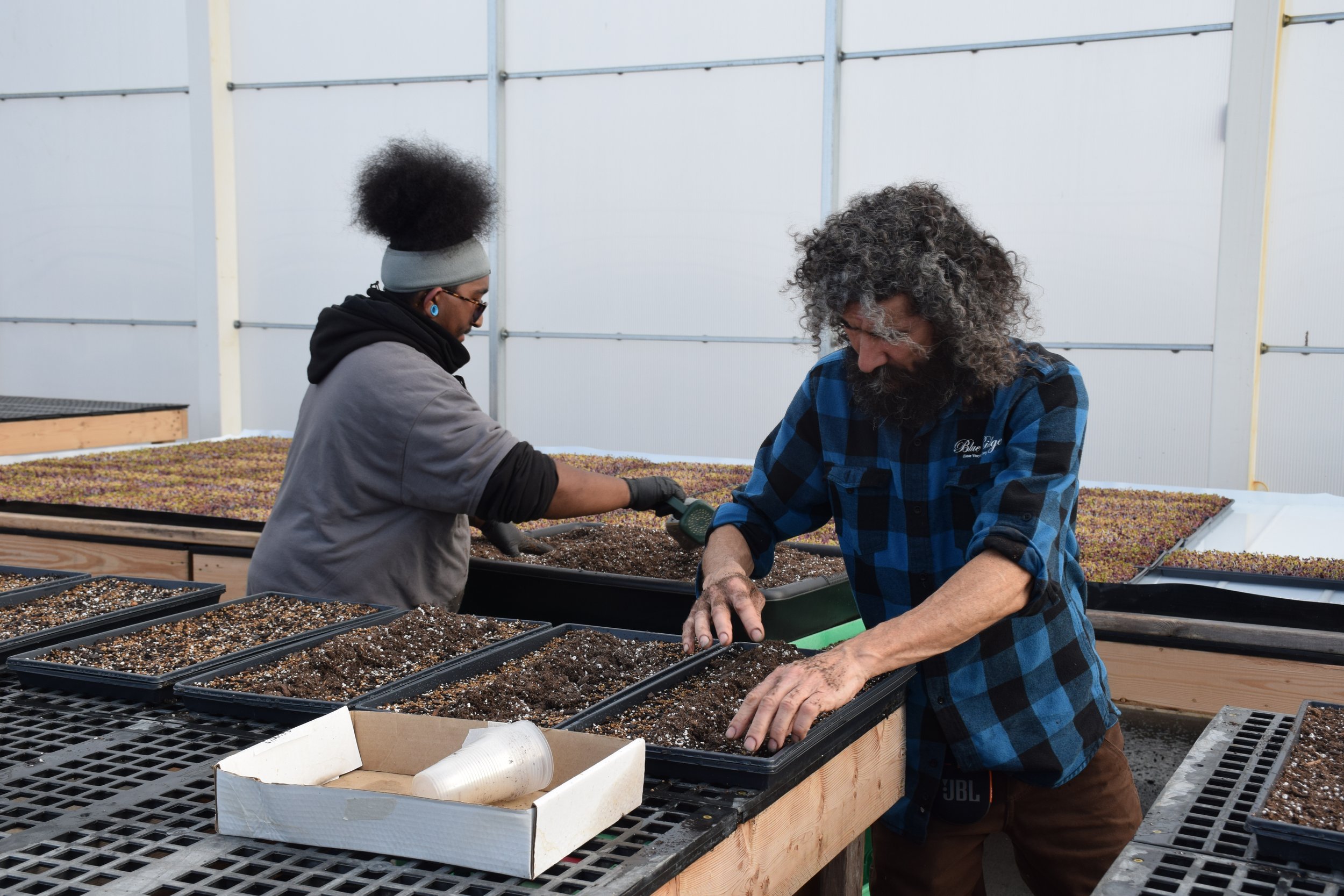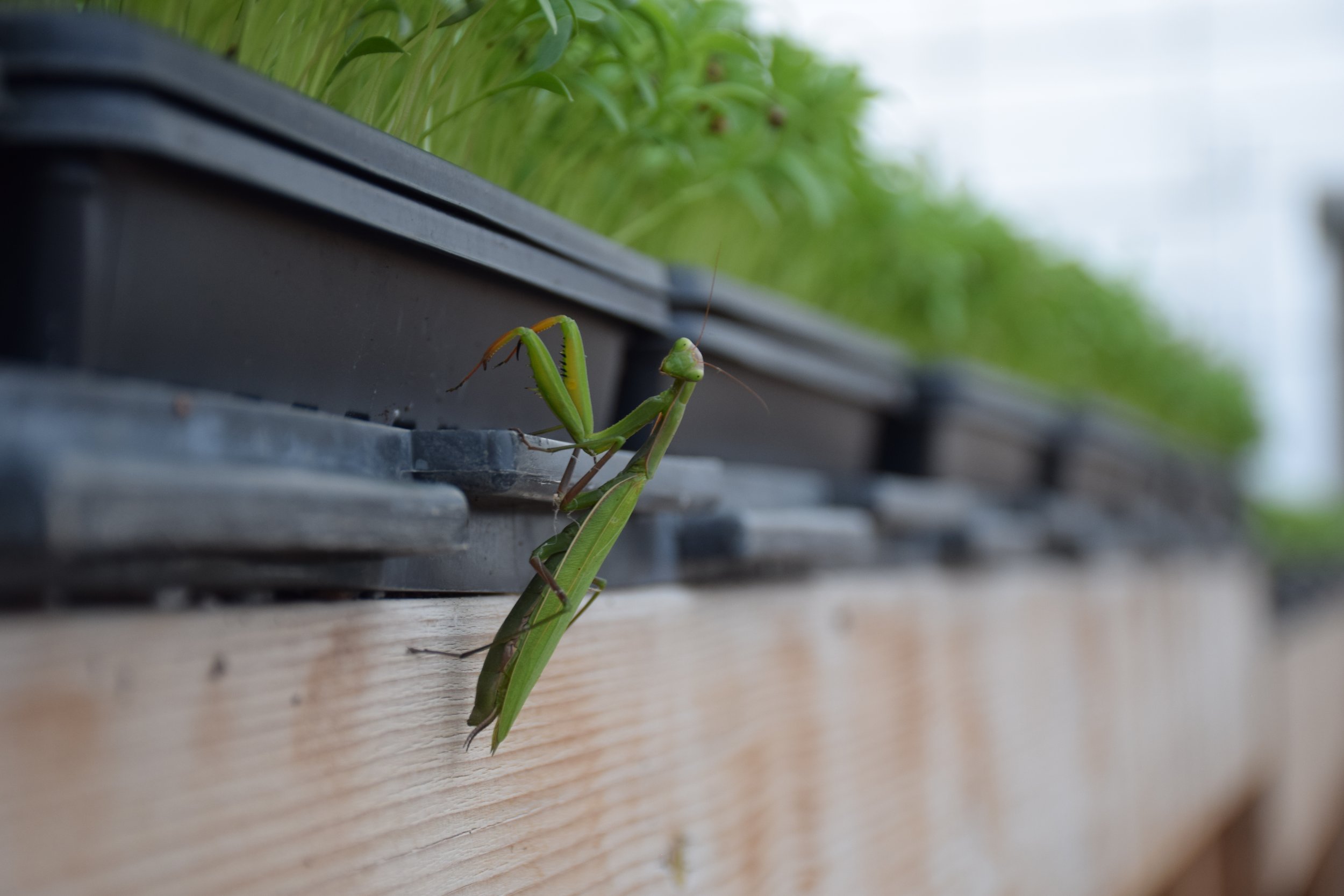Is Agriculture Sustainable?
The Problem with Conventional Agriculture
Conventional agriculture relies on chemical fertilizers, pesticides, and intensive farming, depleting soil, overusing water, and reducing food quality. In contrast, regenerative organic agriculture restores soil health, improves biodiversity, and produces nutrient-dense food.
Organic Farming and Regenerative Organic Farming: What’s the Difference?
Organic farming eliminates synthetic pesticides and GMOs, creating cleaner food. Regenerative organic farming goes further—it actively rebuilds soil, enhances ecosystems, and supports fair labor. While organic avoids harm, Regenerative Organic Certified® (ROC) ensures farms give back to the land.
What Is Regenerative Organic Certified®?
ROC is the highest standard in organic farming, built on three pillars:
Soil Health – Practices like composting and reduced tilling restore soil.
Animal Welfare – Ensures ethical livestock treatment.
Fair Labor – Protects farmworkers’ rights.
Unlike standard organic certification, ROC prioritizes restoring land, animals, and communities.
Why Regenerative Organic Matters
Regenerative organic food is more nutrient-dense, providing higher levels of vitamins and antioxidants. It also ensures cleaner, pesticide-free food while capturing carbon to fight climate change. Supporting ROC farming helps build a food system that nourishes both people and the planet.
Read more at BeMicro.Farm!



